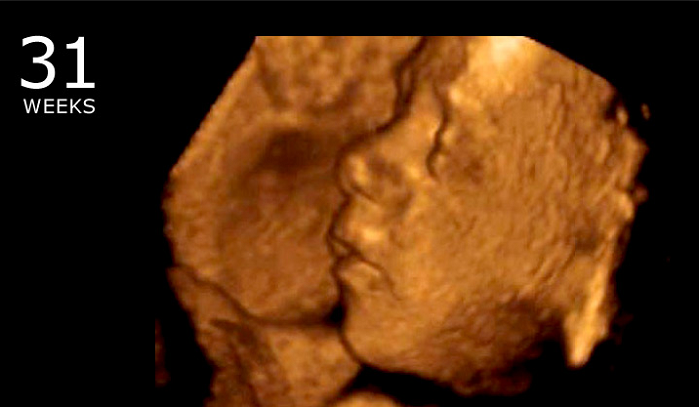The state of Tennessee is considering a new piece of legislation that would ban abortions after 20 weeks gestation when scientific evidence indicates a baby can feel pain from an abortion, WBIR-10 News in Knoxville reports.
“I think the climate and the culture, the pendulum is swinging…It’s the right thing to do,” said State Representative Terri Lynn Weaver, who filed the bill in state legislature, according to WBIR. “There’s a time and a season for everything. People are understanding, our culture is changing. These are individual babies.”
The bill would prohibit abortions after 20 weeks, with the exception of endangerment to the mother’s health, according to the report.
However, Jeff Teague, CEO of Planned Parenthood of Middle and East Tennessee, expressed his concerns about the legislation — though acknowledging he had not yet had the opportunity to read it, WBIR-10 News continued.
“It’s something we’re going to be looking at very carefully,” Teague said. “Obviously this raises a lot of concerns for us and women’s ability to access safe, legal abortion in Tennessee. It’s obviously an attempt to deny women that access.”
Strong evidence indicates that unborn babies can feel pain by 20 weeks in the womb, if not earlier. This measure, already enacted in 16 states, would protect these later-term unborn babies from painful abortion deaths.
An unborn child at 20 weeks “is fully capable of experiencing pain… Without question, [abortion] is a dreadfully painful experience for any infant subjected to such a surgical procedure,” said Robert J. White, MD., Ph.D. and Professor of Neurosurgery at Case Western Reserve University.
The National Right to Life Committee, which is advocating for the legislation across the country, compared the situation to the humane treatment required for animals in slaughterhouses.
Keep up with the latest pro-life news and information on Twitter. Follow @LifeNewsHQ
“In a slaughterhouse, a method of slaughter is deemed legally humane only if ‘all animals are rendered insensible to pain by a single blow or gunshot or an electrical, chemical, or other means that is rapid and effective, before being shackled, hoisted, thrown, cast, or cut.’ (Section 2 of the Humane Slaughter Act, 7 USC 1902),” NRLC reports.
It continues: “By contrast, D&E abortions, performed as late as 24 weeks (well after the child begins to feel pain), involve the dismemberment of the unborn child by a pair of sharp metal forceps. Instillation methods of abortion (performed even in the third trimester) involve the replacement of up to one cup of amniotic fluid with a concentrated salt solution, which the unborn child inhales as the salt burns her skin. The child lives in this condition for up to an hour. In neither of these techniques is the unborn child provided with any form of anesthesia.”
The legislation is backed up by strong scientific evidence in the medical community.
“There is ample biologic, physiologic, hormonal, and behavioral evidence for fetal and neonatal pain,” said Colleen Malloy, M.D. and Assistant Professor of Neonatology and Pediatrics at Northwestern University Feinberg School of Medicine, before a Subcommittee on the Constitution in the U.S. House.
“As early as 8 weeks post-fertilization, face skin receptors appear. At 14 weeks, sensory fibers grow into the spinal cord and connect with the thalamus. At 13-16 weeks, monoamine fibers reach the cerebral cortex, so that by 17-20 weeks the thalamocortical relays penetrate the cortex. Many authors have substantiated that pain receptors are present and linked by no later than 20 weeks post-fertilization.”








